Duterte Defense Demands Strict Victim ID Rules at ICC, Sparking Fears Over Access to Justice
THE HAGUE – A legal storm is brewing at the International Criminal Court (ICC), threatening to sideline the very voices it seeks to hear. Lawyers for former Philippine President Rodrigo Duterte, facing charges of crimes against humanity linked to his brutal “war on drugs,” have launched a strategic offensive, demanding stringent new rules that could make it significantly harder for victims to participate in the landmark case.
The demands, submitted to the ICC’s Pre-Trial Chamber I on April 7, focus squarely on tightening the verification process for victim applicants and limiting their legal representation. This move comes just months before crucial confirmation of charges hearings scheduled for September, raising concerns that the defense is attempting to shape the battlefield early, potentially excluding legitimate victims before the case truly gets underway. Duterte himself remains detained at The Hague following his arrest in March, underscoring the gravity of the proceedings.
The defense’s strategy appears deliberately timed to influence the framework just as the court prepares to evaluate the core evidence against the former president. By challenging the fundamental processes of victim identification and representation now, they introduce potential roadblocks that could narrow the scope of participation and the perspectives considered by the judges at this critical juncture.
The Identification Gauntlet: “Show Us Your Papers” in the Shadow of Atrocity
Leading the charge, Duterte’s lead counsel Nicholas Kaufman has urged the judges to adopt a drastically narrowed list of acceptable identification documents. Imagine fleeing persecution, surviving unspeakable violence, only to face a bureaucratic wall demanding papers potentially lost or impossible to obtain in the chaos. The defense insists the court should primarily accept only a “national identity card and/or a passport containing an up-to-date photograph.”
Should those premier documents be unavailable, the defense proposes a fallback, but one still tied rigidly to Philippine bureaucracy: only those identification documents accepted in the “staggered fashion mandated by the social security system of the Republic of the Philippines.” This insistence on specific, high-level official documents carries significant weight. Given that the ICC Registry itself has acknowledged “a backlog in the distribution of national identity (ID) cards” in the Philippines, this demand could function as a de facto filter. It risks disproportionately impacting the most vulnerable – those displaced, impoverished, or terrified of engaging with the very state apparatus implicated in the alleged crimes – effectively barring their participation regardless of the truth of their suffering.
The defense frames this stringent approach as essential for procedural integrity. “Limiting the range of identity documents enhances the reliability of the identity verification process and significantly reduces the risk of fraud,” their submission argues. They warn that accepting “varied and insufficiently verified identity documents could lead to misidentification, double-counting, and the inclusion of false victims,” potentially triggering “unnecessary and time-consuming litigation.” The stated goal is efficiency: “By adopting a more stringent approach from the outset, the Pre-Trial Chamber can avoid such pitfalls and streamline proceedings,” the defense contends. Furthermore, the specific reference to the Philippine social security system subtly attempts to impose national bureaucratic standards onto an international court, potentially challenging the ICC’s autonomy to set procedures appropriate for the complexities of international crimes and diverse victim situations.
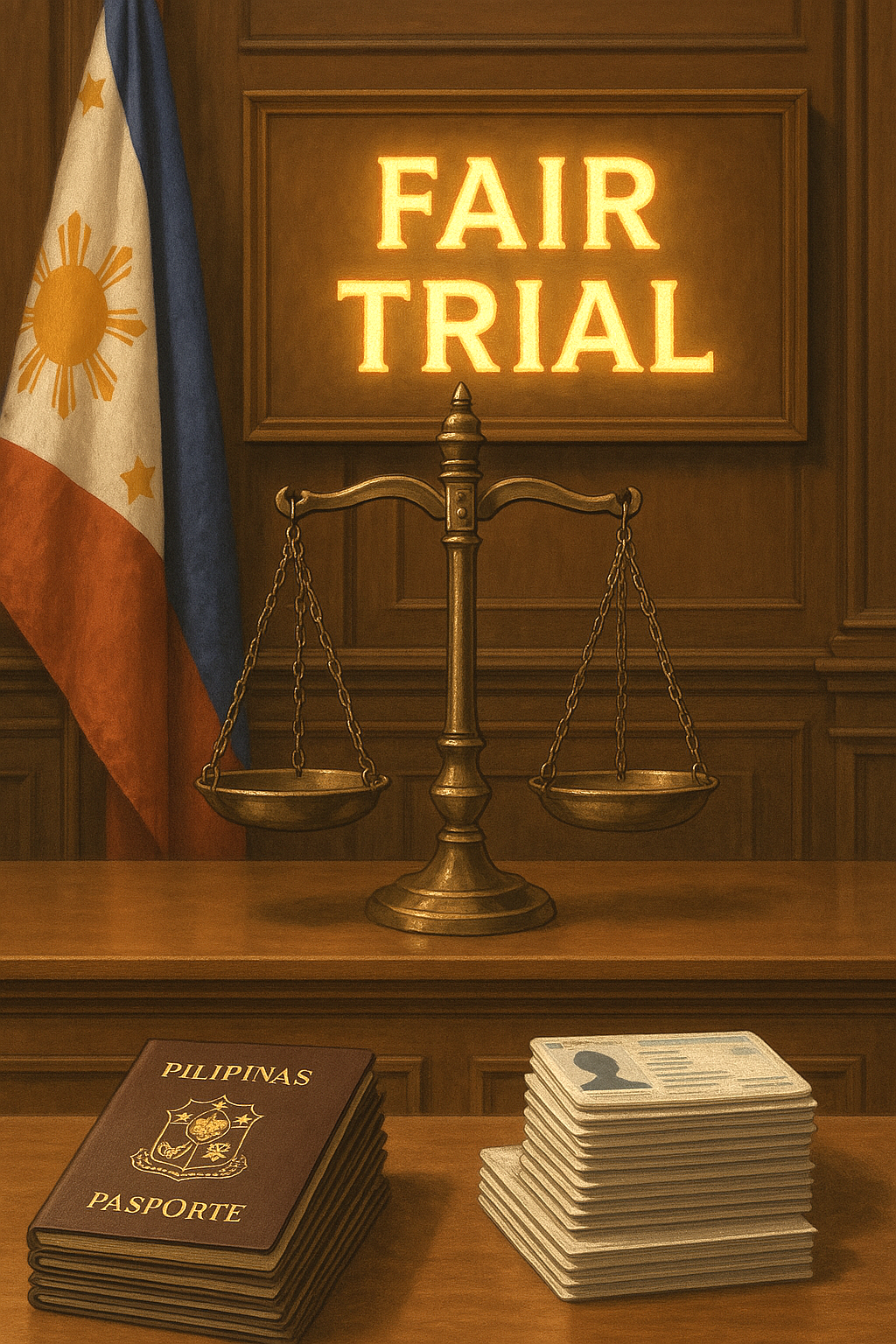
Attacking the Gatekeepers: Registry Procedures Under Fire
Duterte’s team didn’t stop at proposing their own rules; they launched a direct critique of the ICC Registry – the court’s administrative arm responsible for initial victim outreach and application processing. The defense slammed the Registry for suggesting a list of acceptable documents potentially broader than what Philippine authorities themselves recognize, effectively accusing the court’s own machinery of laxity.
They dismissed the Registry’s justification for flexibility – the acknowledged national ID card backlog – as simply “vague and insufficient.” This dismissal comes across as brushing aside practical realities faced by potential applicants. This attack on the Registry’s methods and rationale appears aimed at undermining confidence in the court’s established victim participation framework, potentially persuading the Chamber to wrest control from the Registry and impose the defense’s more rigid standards.
Deep skepticism was also cast on alternative verification methods crucial in post-conflict or repressive contexts. The defense questioned the Registry’s suggestion that a simple declaration signed by two witnesses could suffice to establish a victim’s identity. This stance ignores the harsh realities for survivors of mass atrocities, where official documents are often deliberately destroyed, confiscated, or were never issued in the first place. In such environments, community vouching through witnessed declarations can be a vital, sometimes the only, means of verification.
Instead of accepting this practical alternative, the defense pointed to precedent from previous ICC cases (Kony and Ongwen), suggesting the Chamber should only decide on a “rolling and ad hoc basis whether a signed and witnessed declaration is sufficient.” This effectively seeks to dismantle a potentially accessible pathway for victims, demanding case-by-case judicial approval for a method born from necessity, further burdening both the victims and the court.
Silencing the Chorus? Battle Lines Drawn Over Legal Representation
The fight extends beyond identification to who gets to speak for the victims. The ICC Registry had proposed a standard approach: allowing lawyers appointed directly by victim applicants to participate alongside the Office of Public Counsel for Victims (OPCV), which represents the general interests of unrepresented applicants.
Duterte’s defense flatly rejected this. They warned that allowing both individual victim lawyers and the OPCV would create an unmanageable situation, leading to “twice the number of submissions before this Chamber.” Such a scenario, they argued, “will be unwieldy, unnecessarily encumber the defense, and slow down the proceedings.” Their proposed solution is stark: “all victim applicants should, presently, be represented only by the OPCV.”
A single voice, chosen by the court, versus a potential chorus of the harmed – the defense makes its preference clear. While potentially streamlining court filings, forcing all representation through the OPCV risks homogenizing the diverse experiences of those affected by the “war on drugs.” Victims range from families of the slain to survivors of alleged torture, each with unique perspectives and potential legal interests that specialized counsel could articulate. Relying solely on the OPCV, tasked with representing general interests, might flatten these nuances, presenting a less textured and potentially less impactful victim perspective.
Crucially, the defense frames this demand through the lens of Duterte’s own rights, insisting that limiting victim representation is necessary to ensure his right to a “fair and speedy trial.” This framing positions victim participation not as an inherent right within the justice process, but as a potential procedural burden on the accused, subtly shifting the focus away from the victims’ role and stake in the proceedings.
The Clock Ticks Towards Judgment Day
These procedural battles unfold as the clock ticks down towards the critical confirmation of charges hearings, set for September 23-26. According to Duterte’s case information sheet, the explicit “purpose of the confirmation of charges procedure is to determine whether there is sufficient evidence to establish substantial grounds to believe that the person committed the crimes he or she is suspected of.” This is the moment the prosecution must lay out its case.
Following these hearings, the judges will deliberate, with a decision expected within 60 days, as confirmed by ICC spokesperson Dr. Fadi El Abdallah. The stakes are immense. “If the charges are confirmed, totally or partly, the case will be transferred to a Trial Chamber, which will conduct the subsequent phase of the proceedings: the trial,” the information sheet states. This tight timeline adds urgency to resolving the disputes over victim participation, as any rulings could significantly shape the information and perspectives before the judges during the confirmation phase.
The reality of the proceedings was underscored when Duterte, after his arrest on March 11, was flown to The Hague and detained. He faced the court via video link on March 14, where the charges related to the thousands of killings under his administration’s anti-drug campaign were formally read to him.
An Unwritten Chapter: Justice Hurdles or Fair Process?
As the wheels of international justice grind slowly towards September’s hearings, the fierce debate over procedure casts a long, ominous shadow. The defense’s arguments highlight a fundamental tension inherent in international criminal law: balancing the imperative of a fair trial for the accused against the right of potentially vast numbers of victims to participate meaningfully in the quest for justice.
Will the gates of the ICC swing open wide enough for those scarred by the Philippines’ “war on drugs” to have their identities recognized and their voices heard? Or will the stringent requirements and representation limits advocated by Duterte’s defense prove insurmountable hurdles, silencing many before their stories can be fully told? The answers rendered by the Pre-Trial Chamber in the coming weeks and months will not only shape Rodrigo Duterte’s fate but will also send ripples through the international justice system, defining the very meaning of victim participation at the world’s court for crimes against humanity.

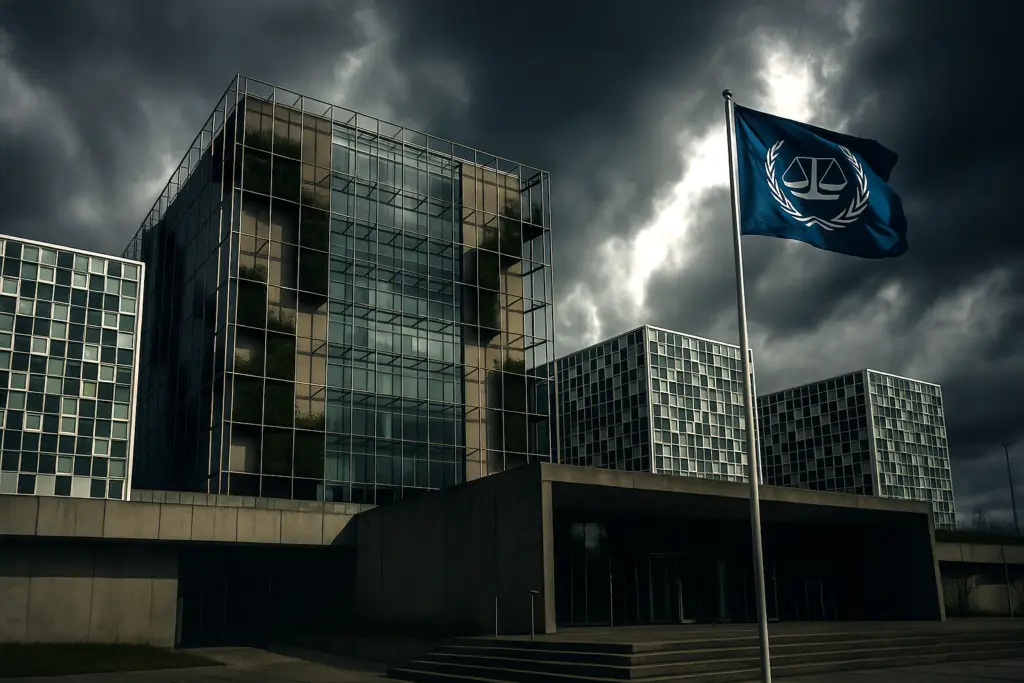
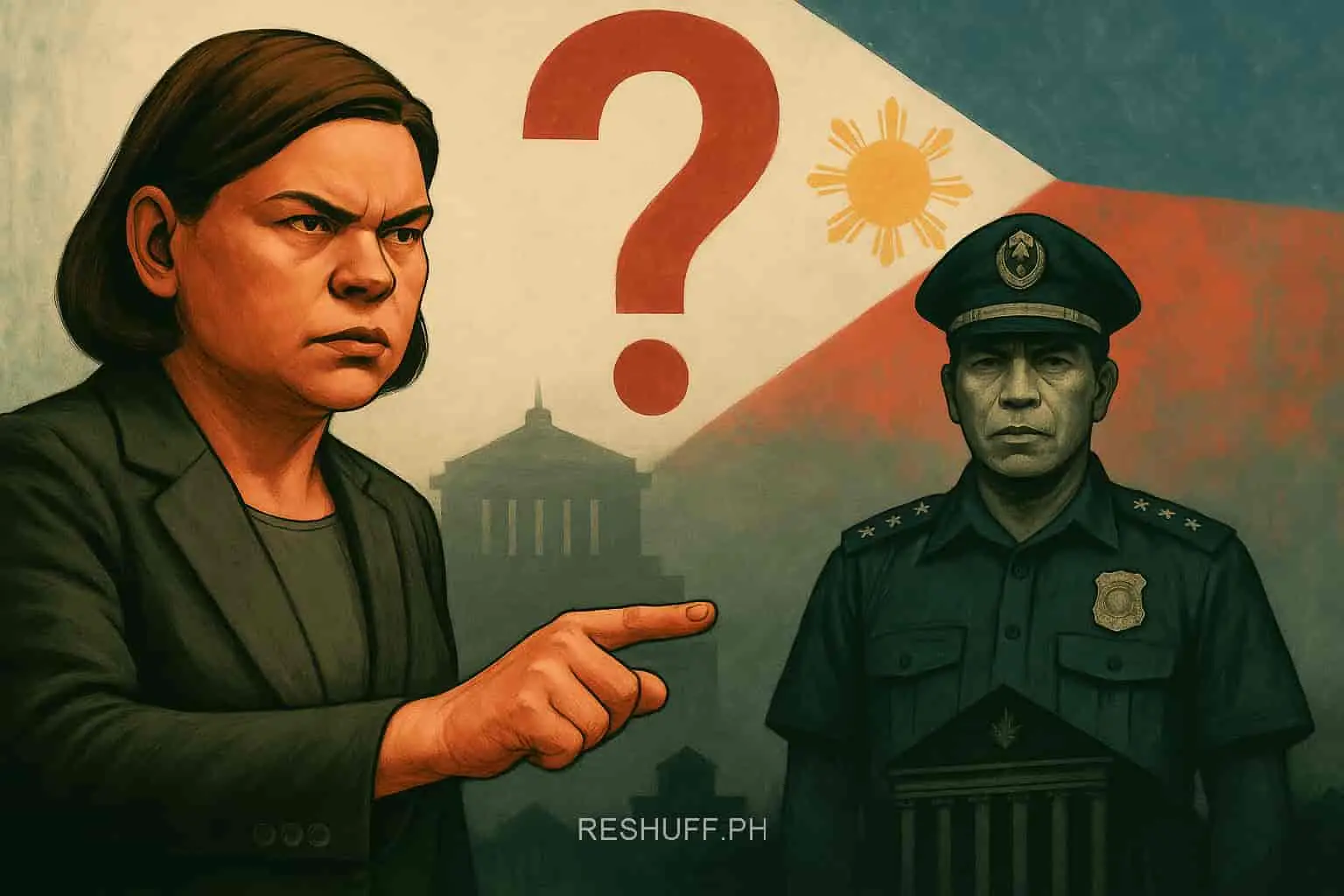
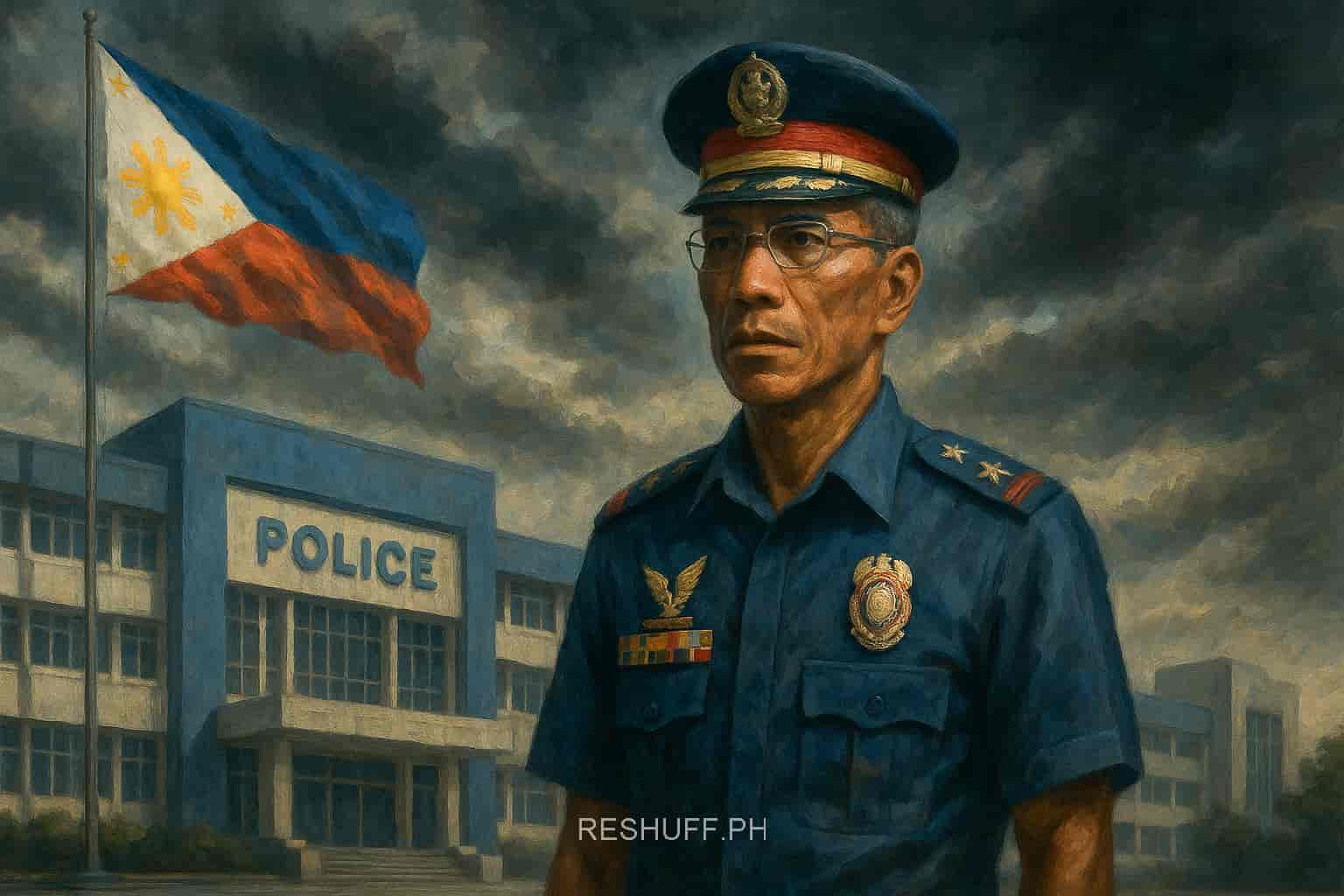
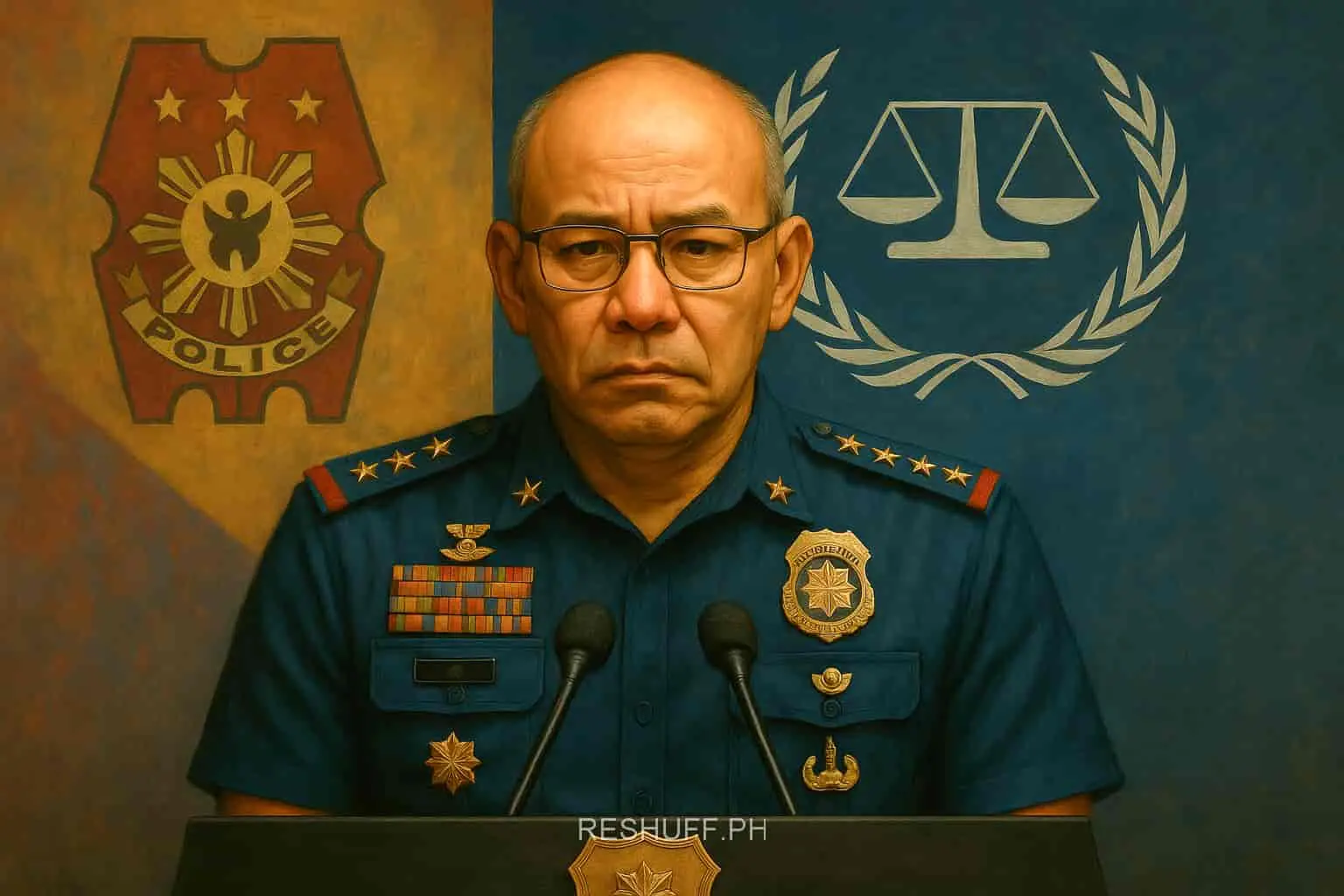
One Response